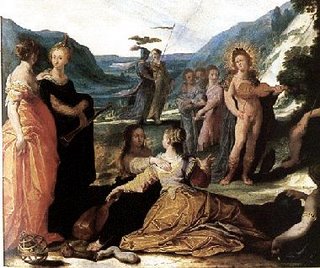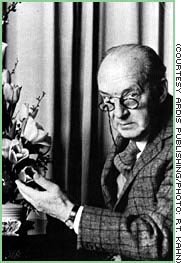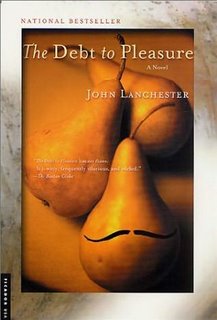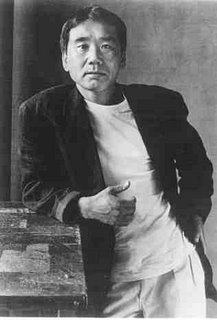The real cat woman...

Fifth Life of the Cat Woman
by Kathleen Dexter
Here we go again. Romantic fantasy? Not my sort of thing. I picked this up in Borders one day and started reading. Thirty pages later I was hooked. Bizarre, but extremely well written, a compelling tale.
Temptation: leaving Eden leads to disaster. The Catwoman is hiding out on a mirage, surrounded by 50 cats, her orchards and fear. Gifted with nine lives by her first mother, Kat has lived through witch hunts, ignorance, and dire poverty. Now in her fifth life, she only wants refuge . . . until Angelo convinces her to teach. She teaches the "latrine version" of history - that lived by real people. She teaches about fear, violence, ignorance, poverty, and hunger, mesmerizing her students with her (real-life) stories. But when tragedy strikes, will the witch hunts begin again for the woman who is "too well-liked by cats?"
Kathleen Dexter self-published this book, which won a national self-publishing award and was then republished nationally. Apparently she has not written anything else of note. I couldn't even find a picture of her.









